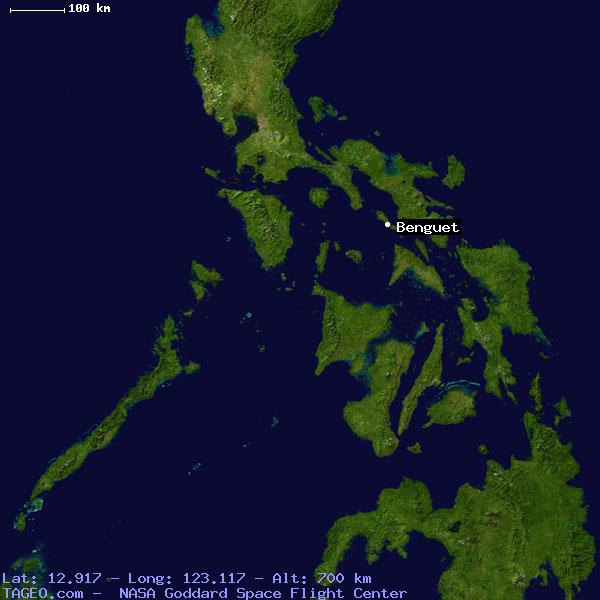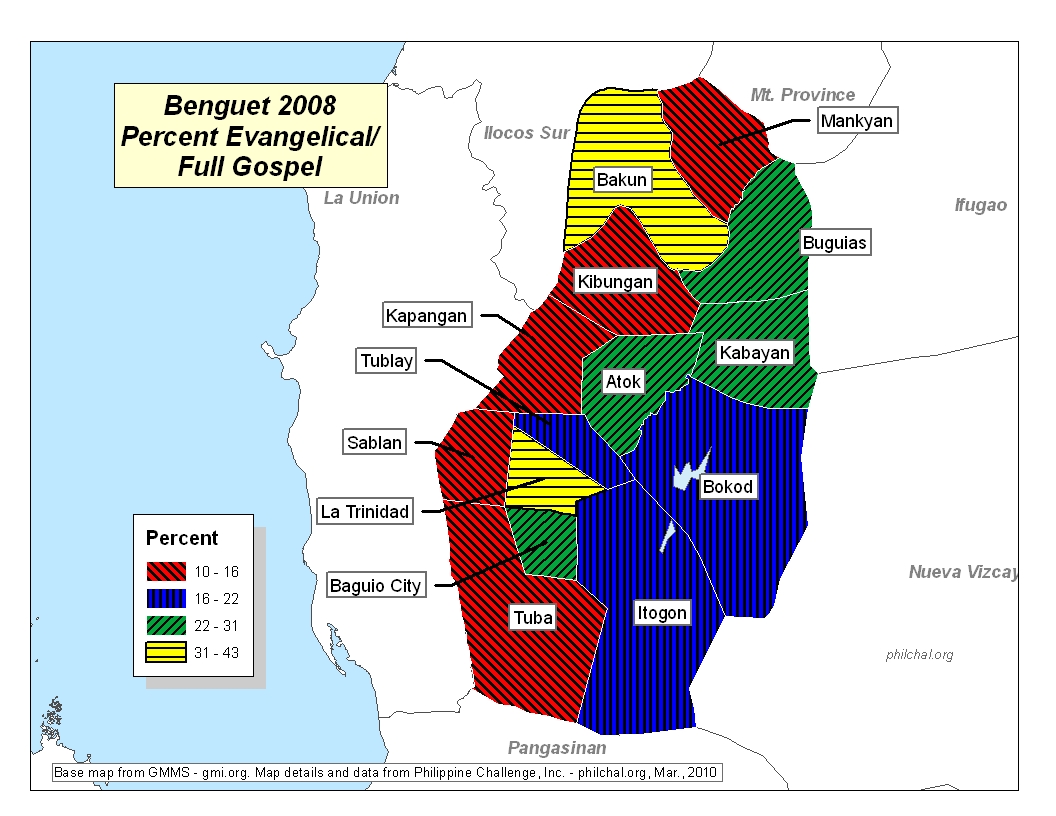
-
МјРЇСІИёСЖШИМі
-
 И№ОЫ КИОЫ Йъ ЗЛЦЎЧЯБт~ ИЎСЖЦЎ ПЙОрБюСі
И№ОЫ КИОЫ Йъ ЗЛЦЎЧЯБт~ ИЎСЖЦЎ ПЙОрБюСі 89,610
89,610 -
 [ЧЪИЎЧЩ ММКЮ] ФЋИ№ХзНК ПЉЧр 100Йш СёБтБт
[ЧЪИЎЧЩ ММКЮ] ФЋИ№ХзНК ПЉЧр 100Йш СёБтБт 49,792
49,792 -
 ИЖДвЖѓ НУГЛ - ИЎРп АјПјСЄКИ. (ЛчСј 16Рх ЦїЧд)
ИЖДвЖѓ НУГЛ - ИЎРп АјПјСЄКИ. (ЛчСј 16Рх ЦїЧд) 30,846
30,846 -
 ММКЮРЧ СіПЊСЄКИ15,561
ММКЮРЧ СіПЊСЄКИ15,561 -
 ИЖДвЖѓ БйБГ - ЕћАЁРЬЕћРЬ ПЉЧр СЄКИ14,402
ИЖДвЖѓ БйБГ - ЕћАЁРЬЕћРЬ ПЉЧр СЄКИ14,402 -
 [ЧЪИЎЧЩ ММКЮ/ИЗХК] ШЃХк МїЙк ПфБн Йз СЄКИ13,356
[ЧЪИЎЧЩ ММКЮ/ИЗХК] ШЃХк МїЙк ПфБн Йз СЄКИ13,356 -
 КИЖѓФЋРЬРЧ И№Еч И№НРРЛ КММі РжДТ ЛчСјУИ.13,167
КИЖѓФЋРЬРЧ И№Еч И№НРРЛ КММі РжДТ ЛчСјУИ.13,167 -
 ИЖДвЖѓ БйБГ - ЦХЛѓЧб ЦјЦї ПЉЧрСЄКИ12,868
ИЖДвЖѓ БйБГ - ЦХЛѓЧб ЦјЦї ПЉЧрСЄКИ12,868 -
 [ММКЮ-ЙшМБТјРх] МБЙкШИЛч РќШЙјШЃПЁПф~12,494
[ММКЮ-ЙшМБТјРх] МБЙкШИЛч РќШЙјШЃПЁПф~12,494 -
 ИЖДвЖѓ СіПЊ(ПЁИЃЙЬХИ -ИЛЖѓХз)РЧ СіЕЕ/ЧбБЙ РННФСЁ/МюЧЮИє12,146
ИЖДвЖѓ СіПЊ(ПЁИЃЙЬХИ -ИЛЖѓХз)РЧ СіЕЕ/ЧбБЙ РННФСЁ/МюЧЮИє12,146


Benguet [beХˈɡet] is a landlocked province of the Philippines in the Cordillera Administrative Region in Luzon.
Its capital is La Trinidad and borders, clockwise from the south, Pangasinan, La Union, Ilocos Sur, Mountain
Province, Ifugao, and Nueva Vizcaya.
Baguio, a popular tourist destination in the country, is located in the interior of the province, however, the city
is independent of the province.
People and culture
Cordilleran, is an unofficial and relatively recent term for the people of the hill tribes of Luzon, Philippines, who
are residing in the Cordillera region. This term is an attempt at political correctness, since a current term, Igorot, has caused controversy due to its perceived negative stigma.
Languages
Most of the tribes in Benguet have their own languages. The Ibaloi tribe speak Ibaloy, which is similar to
Pangasinan. The Kankana-ey tribe speak have their own language, which is related to the Bontoc language.
Many inhabitants also speak Ilocano, Tagalog, and English for trade and commerce.
The SIL Ethnologue database [1] classifies the languages under the South-Central Cordilleran branch.
Nabaloy (named in the database as Ibaloi) is part of the Southern Cordilleran branch which also includes
Pangasinense. The Kankana-ey language (named in the database as Kankanaey) is under the Central
Cordilleran branch, which also includes Bontoc and Ifugao.
Economy
Agriculture, mining, and tourism are the major industries in Benguet. Because of its temperate climate and
high altitude, Benguet is an ideal place for producing vegetables. Benguet is often called the Salad Bowl of the
Philippines. During February 2007, Benguet suffered crop damage due to freezing temperatures in the area,
reaching as low as 5 Celsius and even lower in some areas, and important crops like cabbages were damaged.
Major crops include potatoes, Baguio beans, peas, strawberries, cabbage, lettuce, and carrots. Other
agricultural-related activities are monggo processing, fruit preservation, peanut brittle manufacturing, broom
making, basket weaving, and flower growing. Apisang (scientific name: Pittosporum resiniferum), a plant
endemic to the Philippines, is also being grown in Kapangan and Kibungan towns as a potential alternative
source of fuel and energy, rivaling the overhyped jatropha biofuel plant.
- ЁЄ
- ЁЄ
- ЁЄ
- ЁЄ
- ЁЄryWvMVxeet
- ЁЄryWvMVxeet
- ЁЄryWvMVxeet\'\"\\(
- ЁЄryWvMVxeetщ\'\"\\(
- ЁЄryWvMVxeet
- ЁЄryWvMVxeet
- ЁЄryWvMVxeet
- ЁЄryWvMVxeet
- ЁЄryWvMVxeet
- ЁЄryWvMVxeet
- ЁЄryWvMVxeet















 ЧЪРкДхФФ ОпАЃЛѓДу ПРЧТ
ЧЪРкДхФФ ОпАЃЛѓДу ПРЧТ 13ГтПЌМг МвКёРкИИСЗ 1РЇ
13ГтПЌМг МвКёРкИИСЗ 1РЇ

 ГЛАд ИТДТ ОюЧаПј УЃБт
ГЛАд ИТДТ ОюЧаПј УЃБт
 ИЎОѓ ЧаБГ ЙцЙЎБт
ИЎОѓ ЧаБГ ЙцЙЎБт
 СжИЛПЁ ГЛАЁ ОЕ КёПыРК?
СжИЛПЁ ГЛАЁ ОЕ КёПыРК? УжАэАЁМККё РЬКЅЦЎ СёБтБт
УжАэАЁМККё РЬКЅЦЎ СёБтБт
 ЧіСіПЁМЕЕ ЧЪРкДхФФ!
ЧіСіПЁМЕЕ ЧЪРкДхФФ! ЧіСіПЁМ АЁДЩЧб
ЧіСіПЁМ АЁДЩЧб









 ЧЪРк ЦЏБо Ч§ХУ! ФСНУОюСі МКёНК
ЧЪРк ЦЏБо Ч§ХУ! ФСНУОюСі МКёНК
































